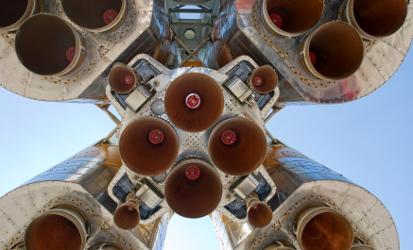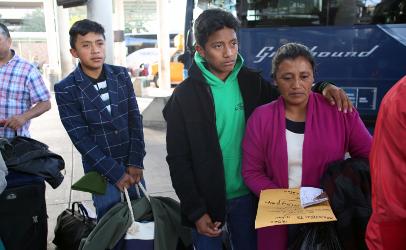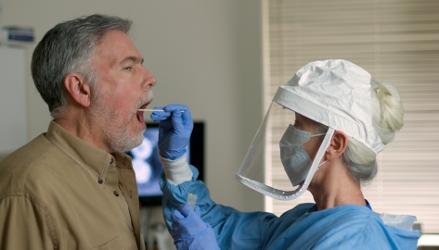News & articles

OU research informs new relationship app
An OU academic has fed her research into relationships into a new app which aims to deepen intimacy through 10 minutes of focus a day and has been selected by Google Play as one of the Best Apps of 2020.

Smarter manufacturing for space applications
An OU academic is building on the OU’s track record in stress engineering to develop future smart manufacturing processes for space applications.

OU COVID-19 fund supports the creation of a Race and Ethnicity Hub
An OU COVID-19 Rapid Response funding scheme is supporting the creation of a Race and Ethnicity Hub to showcase research and teaching in this area.

Understanding the impact of COVID-19 on PhD students
An Open University (OU) COVID-19 Rapid Response funding scheme is supporting research which considers the impact of COVID-19 on the wellbeing and progress of PhD students.

OU co-authored report forecasts future trends in engineering design
A report, co-authored by an OU academic, which forecasts clear trends for engineering design for the next 20 years, has been published by the Design Society.

EU Horizon 2020 funding to enhance the lives of migrant children
An OU academic has won EU funding for a research project which aims to enhance the lives of migrant children and young people in education.

Has COVID-19 changed people’s perceptions of plastics?
A survey which measures whether COVID-19 has changed people’s use and perceptions of plastics, is being run on an OU platform.

Surveying if healthcare workers’ behaviour changes after COVID-19 test
An Open University (OU) COVID-19 Rapid Response funding scheme is supporting a questionnaire-based survey of frontline healthcare workers to link attitudes to risk with COVID-19 test status.

OU funds Creative Writing research with COVID-19 frontline healthcare workers
An Open University COVID-19 Rapid Response funding scheme is supporting a series of writing workshops with health care workers in acute care and palliative care in collaboration with the North Tees and Hartlepool NHS Foundation Trust.

Wearable devices to improve how those living with Huntington’s Disease walk
Research led by an OU PhD student has found that wearable haptic devices can improve how a patient affected by Huntington’s Disease walks.
Contact our news team
For all out of hours enquiries, please telephone +44 (0)7901 515891
Contact details